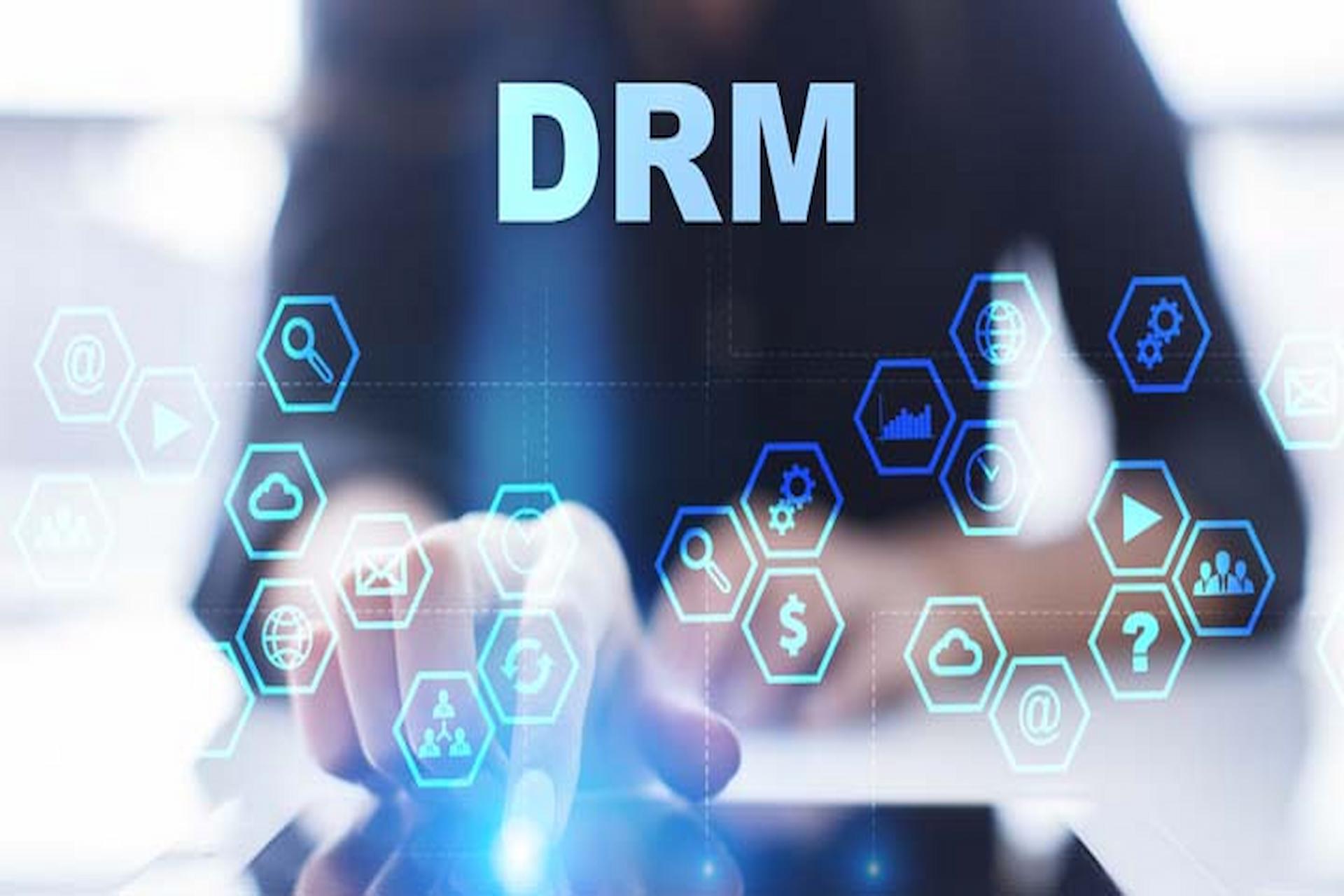The music industry has long been plagued by the issue of piracy. The illegal sharing of music has had a significant impact on the industry, resulting in lost revenue and decreased profits. To combat this problem, many music companies have turned to digital rights management (DRM) and anti-piracy measures.
DRM is a technology used to protect digital content from being illegally shared. This technology restricts access to content, such as music files, by encrypting them and requiring a key or password to access them. This makes it more difficult for pirates to share content without authorization.
One of the main benefits of DRM is that it provides a layer of protection for intellectual property rights. This is particularly important in the music industry, where artists and record labels rely on the sale of their music to make a living. DRM helps to prevent the unauthorized distribution of music, which can result in lost revenue for artists and record labels.
However, DRM has also been criticized for its impact on the user experience. Some DRM systems are overly restrictive, making it difficult for users to access content they have legitimately purchased. This can lead to frustration and dissatisfaction among consumers.
To strike a balance between security and user experience, many music companies have turned to cloud-based DRM systems. Cloud-based DRM systems offer several advantages over traditional DRM systems. For example, they allow for greater flexibility in the management of content, enabling content owners to control access to their content from anywhere in the world. Additionally, cloud-based systems can be more user-friendly, providing consumers with an easier and more seamless experience when accessing digital content.
Anti-piracy measures have also played a critical role in the music industry’s fight against piracy. These measures include legal action against individuals and organizations involved in illegal sharing of music, as well as technological measures to prevent unauthorized access to music files.
One of the key challenges of anti-piracy measures is to strike a balance between enforcement and consumer privacy. While it is important to protect intellectual property rights, it is also important to respect the privacy of consumers. Therefore, many anti-piracy measures are designed to be minimally invasive, while still being effective in preventing illegal sharing of music.
In conclusion, DRM and anti-piracy measures have played a critical role in the music industry’s fight against piracy. While these measures have been effective in protecting intellectual property rights, they must be balanced with the need to provide a positive user experience for consumers. Cloud-based DRM systems offer a promising solution to this challenge, providing both security and ease of use.



